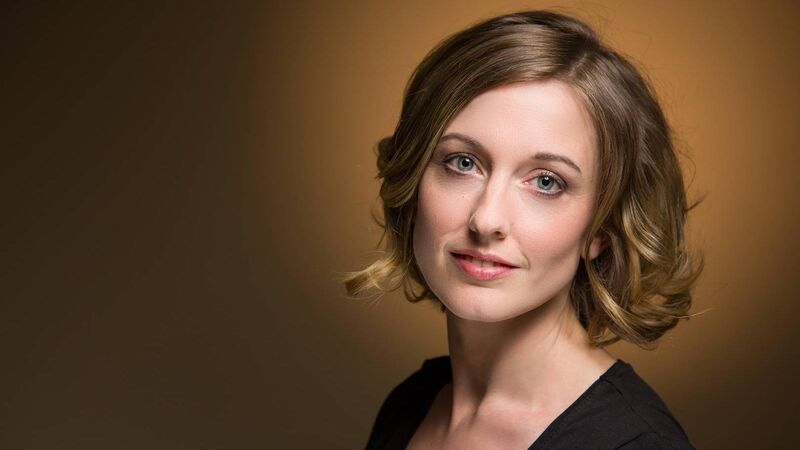Jody O'Neill: 'In the arts, more and more people are presenting as neurodivergent'

Jody O'Neill is theatre-artist-in-residence at Cork Opera House and UCC.
Playwright Jody O'Neill describes her diagnosis of autism at the age of 39 as an overwhelmingly positive experience. Recently appointed as theatre-artist-in-residence at Cork Opera House and UCC, O'Neill says her new role is incredibly important in terms of promoting a better understanding of autism. It also offers an employment opportunity in a society where 80% of autistic people are estimated to be underemployed or unemployed.
While O'Neill emphasises the positives in her diagnosis of autism, she admits it hasn't all been a good experience. "That's not to say I've always been happy every second since I found out I'm autistic, but in terms of the tools it gives me to navigate my life and the choices that I make, I have no regrets about seeking a diagnosis."




